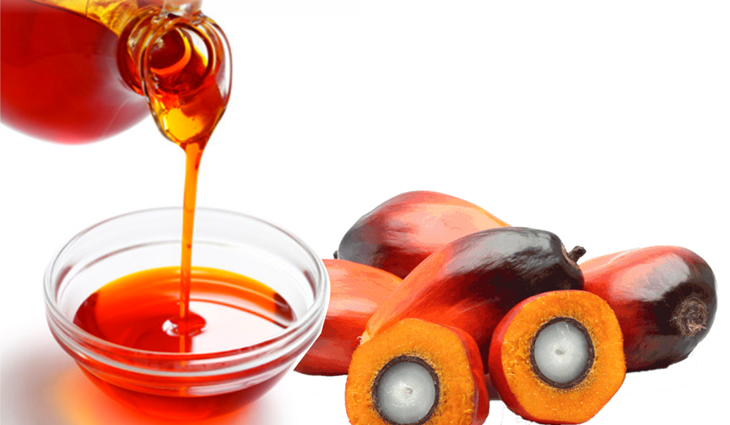Commodities
Agric Industries Take Interest In Unlocking Nigeria’s $10bn Palm Oil Export Potential

Some agric-focused industries and firms have indicated interest in enhancing Nigeria’s agricultural productivity and competitiveness through the nation’s $10 billion palm oil export potential.
At the launch of a new report by a research and advisory firm, Vestance, significant untapped opportunities within Nigeria’s oil palm sector were revealed.
Discussing how the nation could regain its lost glory in palm oil production and exportation, stakeholders in the sector emphasised the need for government agencies, private sector investors, smallholder farmers, research institutions, and development partners to work together to help change the narratives in the palm oil sector.
Titled “Reclaiming Lost Glory: Nigeria’s Palm Oil Renaissance,” the report, which was unveiled in Lagos disclosed that Nigeria, despite being a major producer historically, currently exports only $1.34 million in palm oil, ranking 78th globally, while importing $372 million annually
Vestance’s Research Lead, Razaq Fatai, said the report illustrates the immense opportunities lying dormant in the country’s underutilised oil palm plantations, noting that by capitalising and rejuvenating these plantations, Nigeria could generate over $10 billion in export revenue alone.
He explained that Nigeria’s palm oil production began to decline during the country’s civil war between 1967 and 1970, saying, it is now time to begin to reverse the decline and put the sector back on track.
Speaking at a panel session on ways to revitalise the oil palm sector, experts proffered means by which challenges confronting the palm oil sector could be tackled.
In his submission, the Managing Director, SWAgCo (O’dua Investment Group), Dr. Adewale Onadeko, said Nigeria should embrace an agro-industrial cluster strategy, adding that essential infrastructure such as seeds, fertilisers, extension services, processing, and storage facilities should be prioritised if the expected gains could be realised.
Another panellist, Dr. Bayo Ogunniyi, Country Programme Analyst for International Fund for Agricultural Development, highlighted the myriad challenges facing smallholder farmers, particularly the lack of access to finance and the prevalence of old, low-yield seeds.
He underscored the urgent need for Nigeria to distribute high-quality seeds to smallholder farmers to enhance production levels.
Ogunniyi also pointed out that the oil extraction rates of smallholder palm oil processors are alarmingly low, often falling below 15 percent, compared to the 25 percent extraction rates achieved by modern processing mills. Improving these extraction rates is crucial for maximising the output from Nigeria’s palm oil sector.
In his own contribution, CEO of BulkDirect, Ramses Najem, emphasised the importance of situating processing facilities closer to the farms to reduce transportation challenges.
Other speakers at the report launch called for a nationwide adoption of high-yield seeds to boost production, investment in modern processing facilities to increase oil extraction rates, and the development of strategic transportation networks to streamline the supply chain.